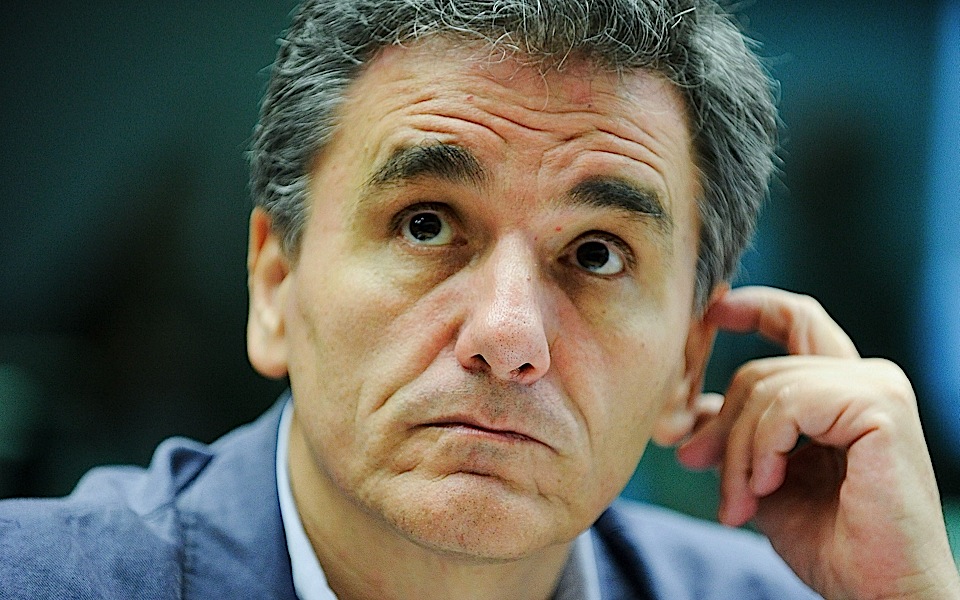Tsakalotos on European charm offensive over debt talks

Greek Finance Minister Euclid Tsakalotos begins a six-day European charm offensive starting Friday to promote the country's tough debt talks, his office said.
Greeces leftist government in July signed a third debt rescue program worth 86 billion euros ($92 billion) after the country looked to be on the brink of crashing out of the eurozone.
Representatives of the creditors — the European Commission, European Central Bank, International Monetary Fund and the ESM European bailout fund — will return to Athens on January 18 to monitor adherence to the program.
Tsakalotos will first travel to Rome for talks with his counterpart Pier Carlo Padoan, and will then head to Lisbon, Paris, Helsinki, Amsterdam and Berlin to see Mario Centeno, Michel Sapin, Alexander Stubb, Jeroen Dijsselbloem and Wolfgang Schaeuble.
"Tsakalotos will discuss the course of the European programme, in view of the first evaluation, as well as the issue of the Greek debt," the finance ministry said in a statement on Thursday.
Greek President Prokopis Pavlopoulos is also reportedly planning a series of high-profile visits this month to Moscow and Berlin to see Russian President Vladimir Putin and German Chancellor Angela Merkel.
Greece hopes that the end of this evaluation will kickstart a discussion on how to make repayment of its huge public debt more sustainable.
But Athens must first reach agreement with the creditors on a new overhaul of its ailing pension system.
Prime Minister Alexis Tsipras on Sunday warned that his government would not give in to "unreasonable" demands on the issue.
"The creditors have to know that we are going to respect the agreement to the letter, but that doesn't mean we are going to succumb to unreasonable and undeserved demands," he told Real News newspaper.
The Greek labour ministry has announced plans to lower the maximum pension to 2,300 euros from 2,700 euros currently.
The ministry also wants to increase social security contributions by employers by 1.0 percent, a move likely to be resisted by the creditors.
Athens is also trying to edge out the International Monetary Fund from its rescue program, arguing that the global lender places excessive emphasis on recessionary cuts.
However, a number of prominent European nations including Germany oppose the prospect, as does the EU rescue fund.
[AFP]





